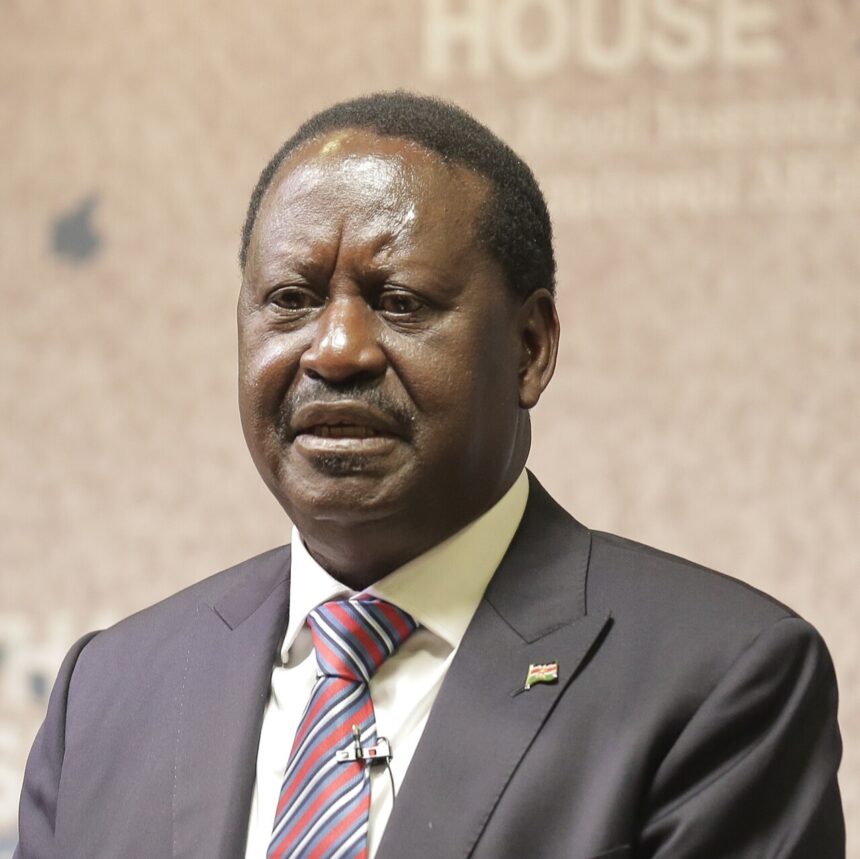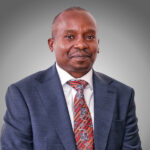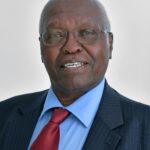Raila Odinga is one of Kenya’s most prominent political figures, known for his long-standing influence in the country’s political landscape. As a former Prime Minister and a key player in opposition politics, his career has been marked by significant achievements and controversies. Here are ten essential things you should know about Raila Odinga.
1. Early Life and Education
Raila Amolo Odinga was born on January 7, 1945, in Maseno, Kenya. He comes from a prominent political family; his father, Jaramogi Oginga Odinga, was a key figure in Kenya’s struggle for independence. Raila studied engineering at the University of Nairobi and later pursued further education in Germany, where he earned a degree in mechanical engineering.
2. Political Career Beginnings
Raila’s political career began in the 1990s when he became involved in the pro-democracy movement. He was a founding member of the National Development Party of Kenya (NDP) and later joined the Liberal Democratic Party (LDP). His early activism was pivotal in pushing for multiparty democracy in Kenya.
3. Role in Government
In 2008, Raila was appointed the Prime Minister of Kenya following a power-sharing agreement after the 2007-2008 post-election violence. During his tenure, he focused on national reconciliation and economic reform, working to stabilize the country after a turbulent election period.
4. Leader of the Opposition
After serving as Prime Minister, Raila remained a central figure in Kenyan politics, leading the opposition against various administrations. He has consistently campaigned for good governance, accountability, and anti-corruption measures.
5. Presidential Aspirations
Raila has run for the presidency multiple times, notably in 1997, 2007, 2013, and 2017. His most recent bid in 2022 was highly anticipated but ultimately unsuccessful. Despite these setbacks, he has maintained a loyal support base, particularly among the Luo community and other marginalized groups.
6. The “Handshake” with President Kenyatta
In March 2018, Raila and President Uhuru Kenyatta held a historic meeting known as the “Handshake,” which aimed to foster national unity and address political divisions in the country. This agreement was seen as a turning point in Kenyan politics, leading to increased cooperation between the two leaders.
7. Advocacy for Constitutional Reforms
Raila has been a strong advocate for constitutional reforms in Kenya. He played a crucial role in the development of the 2010 Constitution, which aimed to decentralize power and enhance democratic governance. His efforts continue to focus on addressing issues such as electoral integrity and the devolution of resources.
8. Economic Policy Focus
Raila’s economic policies have often emphasized inclusivity and social justice. He has championed initiatives aimed at poverty alleviation, job creation, and support for small and medium-sized enterprises (SMEs). His “Agenda 4” policy framework focuses on promoting economic growth and enhancing livelihoods.
9. Family and Personal Life
Raila is married to Ida Odinga, and together they have four children. He is known for his close-knit family ties and often emphasizes the importance of education and empowerment for the youth. His personal life reflects a blend of traditional values and modern aspirations.
10. Legacy and Influence
Raila Odinga’s legacy is complex, marked by both achievements and controversies. He is often referred to as “Baba,” meaning “father” in Swahili, and remains a respected elder statesman in Kenyan politics. His influence extends beyond politics, as he is also involved in various philanthropic efforts aimed at improving the lives of Kenyans.
Raila Odinga’s journey through Kenya’s political landscape has made him a pivotal figure in the country’s history. His commitment to democracy, economic reform, and social justice has shaped the lives of many Kenyans. Understanding his background, aspirations, and legacy provides valuable insight into the ongoing evolution of Kenyan politics.














